Drug culture in hip-hop is something countless pieces of media have tried to convey, but few have succeeded at. There’s a delicate balance between glorifying hard drug culture and demonizing addicts, and striking a midpoint between both flawed philosophies takes a perspective that’s factual but empathetic–and that’s exactly what nonfiction podcast The Undersiders aims to do:
It’s the 80’s…
Hip-hop is beginning to emerge.
Cocaine is already everywhere. And crack is about to make a dramatic appearance into ghetto life.
This unprecedented consumption will make some dealers into the new kings of the streets, and also new role models for their community.
The Undersiders will tell you the story of 8 of them. True and crude. Tales about millionaire drug dealers who at one point directly impacted on the development of hip-hop.
Dr Dre, Tupac, Lil Wayne and many more… would these pop culture icons have had the same career if certain of their paths hadn’t meet?
Without being judgmental, without glorification, The Undersiders will guide you down into hip-hop’s turbulent underground and follow its rising up as a worldwide culture.
Over the course of eight episodes, The Undersiders tells the story of eight different figures in hip-hop and how their lives were shaped by cocaine. Each story is drastically different, but they all have parallels that show how pervasive certain parts of the culture were: take, for instance, the common narrative of the episodes’ foci getting into drugs because of the racist systems that lead to their poverty-stricken upbringings, or the lavish parties they’d throw to celebrate finally breaking out of that cycle of poverty. It would be easy to frame these stories as ones of either triumph or horror, but The Undersiders does neither. It simply informs, with little rumination on the ethics behind the protagonist of each episode. The judgment falls on the systems that lead to these narratives, not the key players.
This is aided, in part, by two factors:
- Each episode is scripted and kept to a tight 19-35 minute episode length, averaging at about 25 minutes, and
- This podcast is, surprisingly, not American. It was written and produced first in France, then re-narrated in English.
The length of each episode feels perfect to tell the story at hand without allowing itself to ruminate. The pacing of each episode is contemplative but not sluggish, keeping the momentum of each plot consistent, but not speeding up to force suspense or slowing down to suggest despair. The bed music used in the episodes, likewise, is cinematic but not skewed towards a specific mood. It’s dramatic and cinematic–there’s an edge to an underlying darkness, but that’s the breadth of emotional range. It suits the topic, adds to the audio aesthetic, but doesn’t allow the podcast to glamorize or villainize its subjects.
The distance from being made in the States also allows for the writing to walk the line between the two tones. This distance allows for an almost academic–though not uninteresting–read of each story. The focus here is telling the stories of how the hip-hop industry became what it is today; making more of a stance, especially when the subjects are still alive. There are, of course, some philosophies to be drawn from each story (as mentioned before, the systematic racism prevalent at the time and today are necessarily discussed) but the factual storytelling is refreshing, and helped by coming from somewhere not steeped in the history itself.
This is perhaps not directly pertinent to the podcast itself, but I also love the idea of podcasts being simultaneously released in two languages–especially ones that deal with a specific culture here. Broadening a podcast’s access to people who speak different languages is not only a wise tactic for listenership, but also helps break down the trend of so many podcasts being focused on English-speaking countries.
Of course, not using these stories to focus a criticism of racism in the States could be a major frustration for some listeners. Toeing the line could mean a missed opportunity in a larger societal conversation, but I think this would be an incorrect read of The Undersiders. Though the podcast comes from a place of being informative and entertaining without judgment or glorification, the conversation of the play betwen the two feels actively encouraged by the podcast’s writing. The Undersiders doesn’t exist to dissuade the conversation, but instead encourage it–just on your terms, and not its own.
You can find The Undersiders on its website or any major podcatcher.



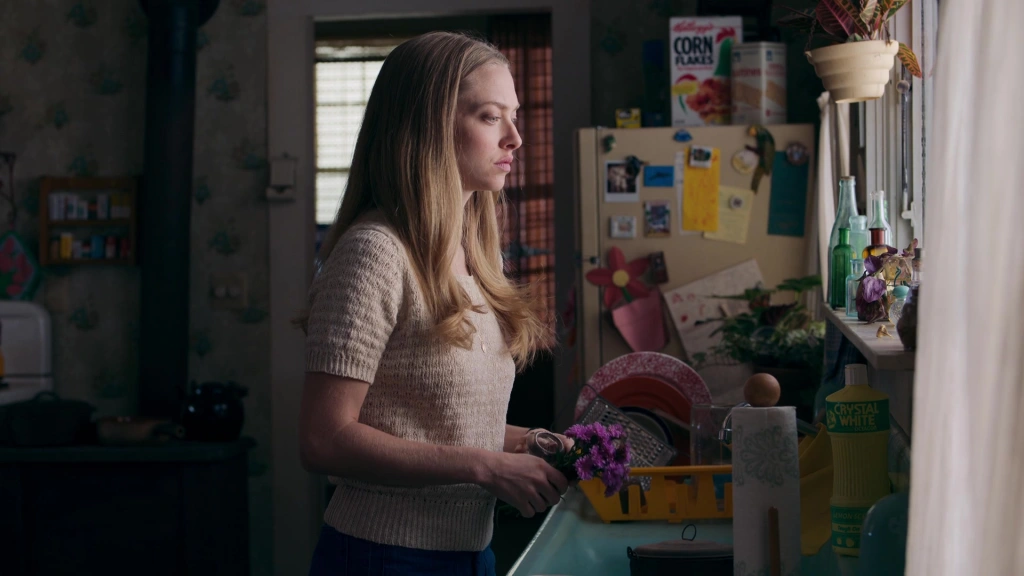
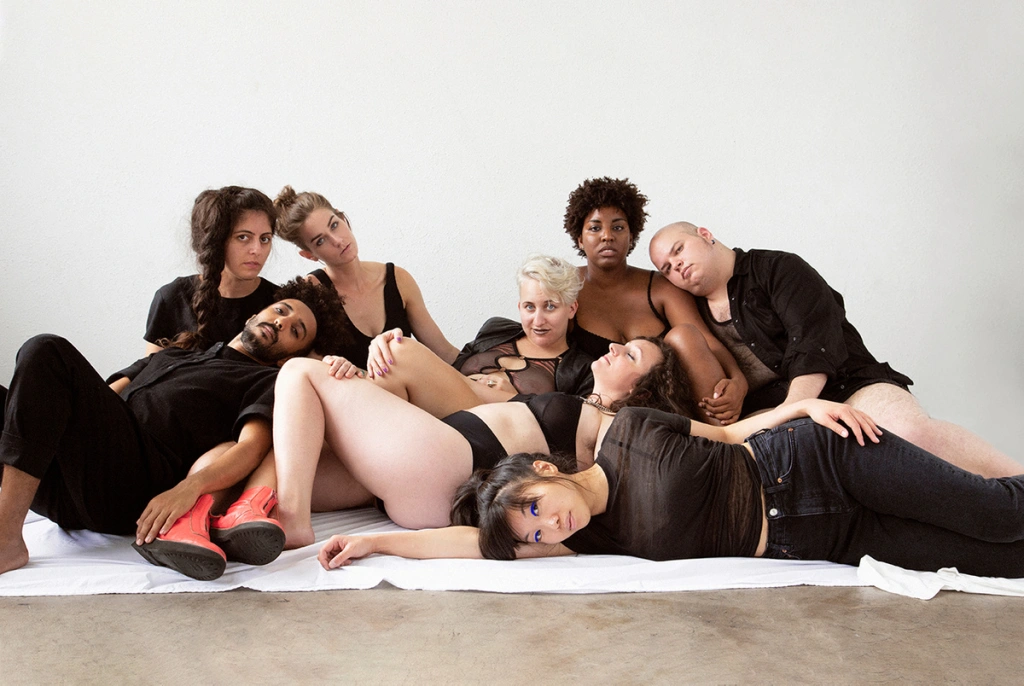
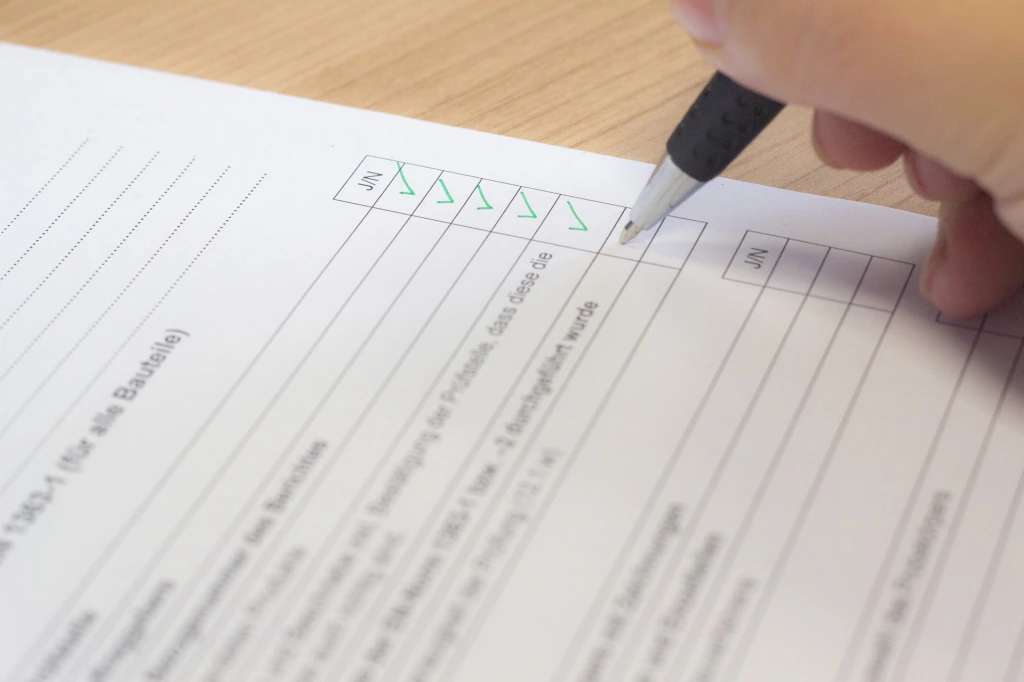
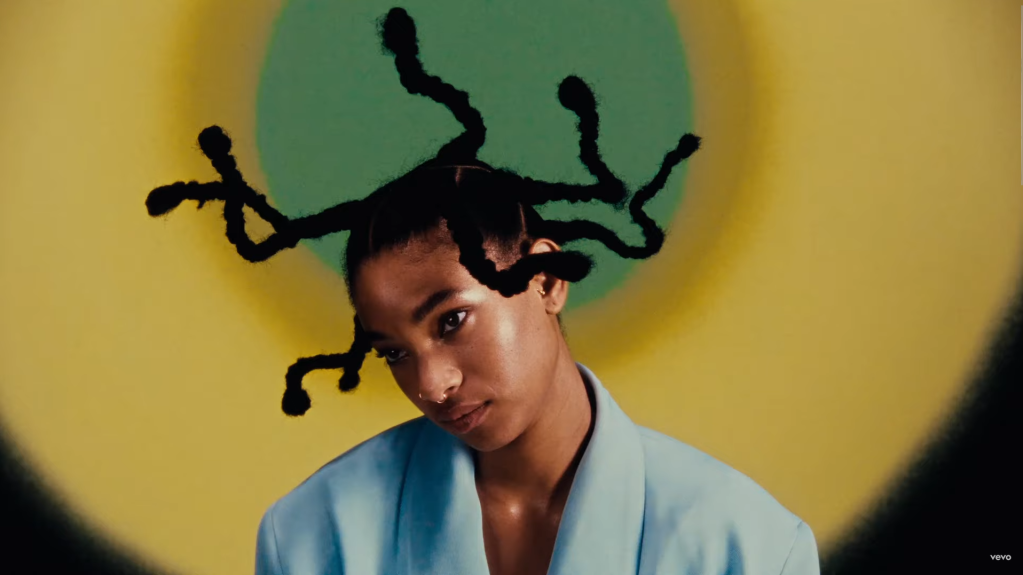
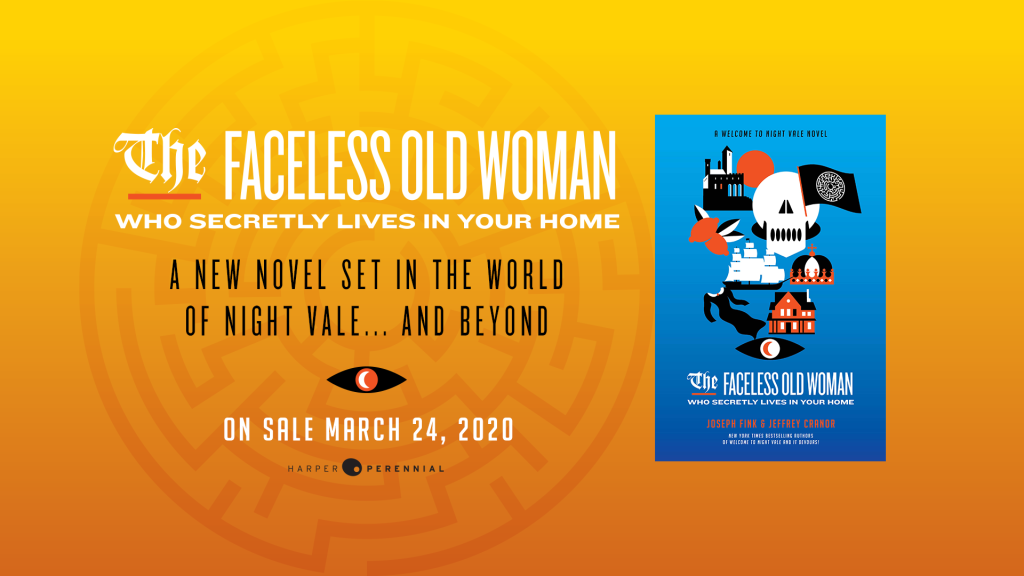
Leave a comment